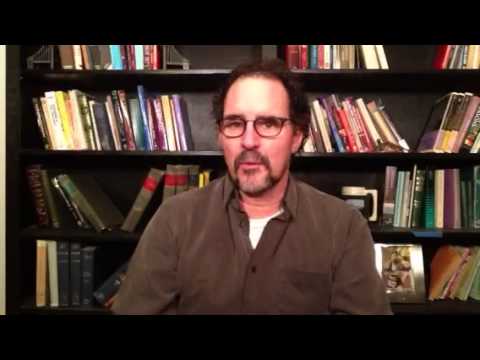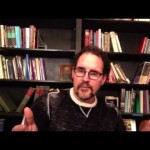We run our website the way we wished the whole internet worked: we provide high quality original content with no ads. We are funded solely by your direct support. Please consider supporting this project.

Free Will: What is a free agent?
What does it really mean to be a free agent? In this reflection, Greg offers some thoughts on free agents and how it can be that they are not exhaustively determined.
Category: Q&A
Tags: Calvinism, Determinism, Free Will, Open Theism, Philosophy
Topics: Free Will and the Future
Related Reading

What is the significance of Ezekiel 12:1–3?
The Lord has Ezekiel symbolically enact Israel’s exile as a warning and remarks, “Perhaps they will understand, though they are a rebellious house” (vs. 3). Though Israel repeatedly surprised God by their persistent rebellion, he nevertheless continued to hold out hope and thus to strive with them to participate in a covenant relationship with him.…

What is the significance of Exodus 13:17?
The Lord didn’t lead Israel along the shortest route to Canaan because Israel would have had to fight the Philistines. The Lord wanted to avoid this, “Lest the people change their minds when they see war, and they return to Egypt.” [NIV: “If they face war they might change their minds and return to Egypt”].…

What Is The Warfare Worldview?
Greg has written extensively on something he calls the Warfare Worldview. Many today believe that everything that takes place in the world is ultimately part of a divine blueprint and contributes in some way to the glory of God. As opposed to this view, Greg argues that wills other than God’s are responsible for evil…

What is the significance of 1 Chronicles 21:7–13?
The Lord gives David three options of how Israel may be judged. “Three things I offer you; choose one of them, and I will do it to you.” Paralleling 2 Samuel 24:12–16, this passage reveals that the Lord gives people genuine alternatives and then responds to their choices. If the future is unalterably settled in…

Free Will: An Aesthetic Model
Greg continues his thoughts on free will by offering an aesthetic model for free will. This one gets pretty philosophical, but it’s worth toughing it out.

What is the significance of Isaiah 5:3–7?
The Lord describes Israel as his vineyard. Referring to himself, he says that the owner of the vineyard loved his vineyard and did all he could to care for it. “[H]e expected it to yield grapes, but it yielded wild grapes” (vs. 2). Then the Lord asks, “What more was there to do for my…
